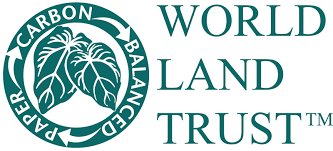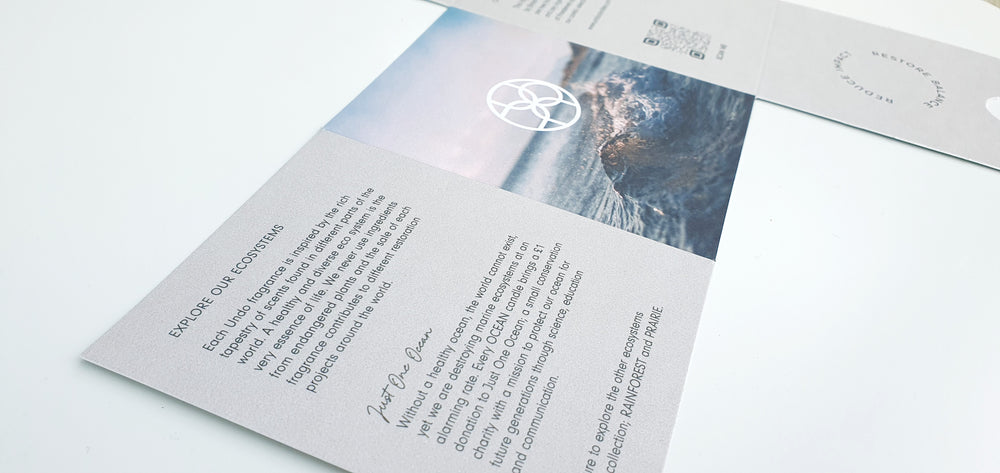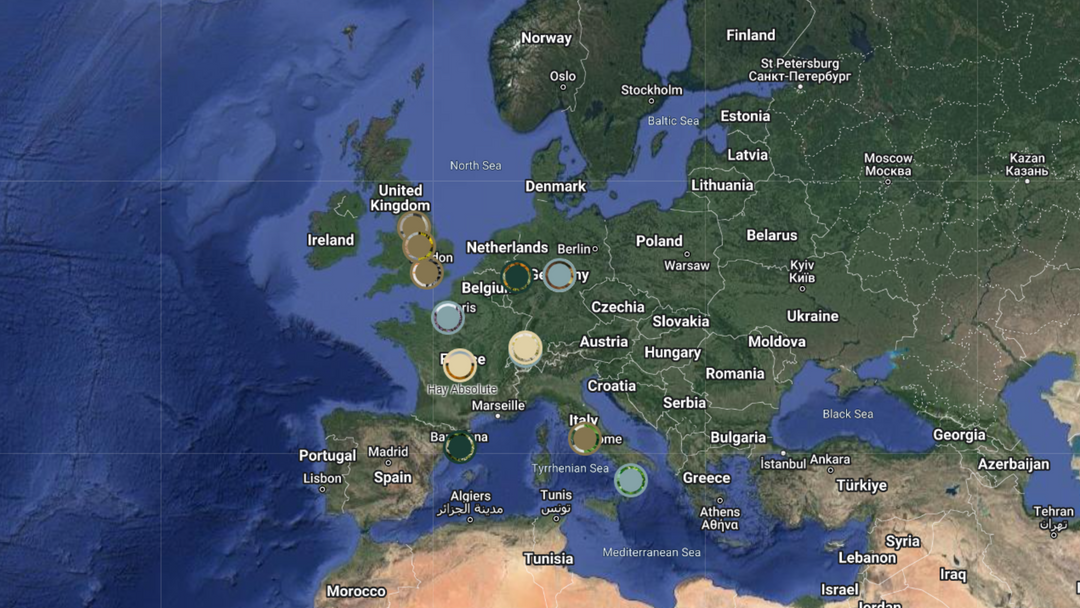The Ethical Landscape of Carbon Credits

An article in The Guardian last week stating that shoppers 'should be wary' of carbon offset credibilty, has prompted discussion around social media again on the validity of carbon credits. This blog explains what carbon credits are, how and why companies are investing in them and what customers can look out for.
Original Article: The Guardian
What is offsetting?
Offsetting is a process that begins with measuring the emissions produced by a certain action, for example, the emissions from delivering a candle from a warehouse to the customer by petrol vehicle. A company can then purchase an offset credit to reduce an equal amount of emissions elsewhere on the planet. There are many projects out there that provide offset credits for their measured emission reduction, two different examples to consider are:
A) a project where a tree will be planted
B) a project where a forest has avoided deforestation because of being in an area of conservation

The later of these being one under scrutiny following claims that, while avoiding deforestation is vital to climate action, complexities around how the data from locations is gathered and used to produce the credits, has deemed them unreliable for a genuine measure of carbon reduction.
There are numerous other ways to reduce emissions, not all involving trees. The idea is that the company purchases enough of the carbon credits so that the two actions cancel each other out.
For example, the emissions produced from delivering the candle might be cancelled out by a certificate verifying that a tree has been planted. A company may then measure emissions produced from harvesting the crops needed for ingredients, to make the glass, produce the lid, print the boxes. All of these actions can be measured and credits can be purchased to claim ultimate carbon neutrality.
We can not offset our way out of climate change, that much is true. But is offsetting a way that brands can provide real benefit for the planet? It really depends on the approach, and on the type of offsets that companies are using.
What are the benefits?
Purchasing offset credits is a quick way for a business to reduce their footprint and even achieve 'carbon neutrality' for a product, service, or the entire company, by offsetting the total emissions.
Investment in the right projects can be of significant benefit to the planet. These are projects that are verified and additional in their carbon reduction. 'Additional' means that the conservation project would not take place without the investment of companies purchasing the carbon credits.
What are the factors customers should know?
Carbon offset schemes vary vastly in price and traceability. Some can be difficult to verify so doing your research is important. At the time of writing this, there is no clear distinction between different types of credits.
Offsetting is not the solution to stop climate change though it can play a crucial role. Currently, the vast majority of businesses won't be able to function without releasing some emissions into the atmosphere through their manufacturing processes and delivery! We just do not yet have the technology in place to achieve net zero in the UK. We can only move as fast as science, technology and our physical infrastructure will allow us.

What role can conscious consumers play in this?
Customers can ask companies what types of projects they are investing in to offset their emissions. Who are they verified by and are the projects 'additional' to conservation efforts already taking place in that area? There has also been scrutiny around human rights violations in relation to some projects and so questions can be asked around the role of indigenous communities when it comes to their carbon reduction projects.
What methods are UNDO using to reduce impact and reach net zero?
UNDO was created with the prime intention of creating low carbon luxury products and so every decision from the beginning has been based on producing the lowest impact possible. Our ultimate goal is to reach carbon neutrality without reliance on carbon credits. Today, Undo are choosing to offset some of the emissions that are easy to measure but are currently not possible to reduce any further, eg emissions produced from customer delivery. We purchase credits for carbon capture projects in the UK to offset this, these are registered by Puro Earth. We have also invested in a small number of emission avoidance projects verified by Climate Action Reserve in the US, eg conservation of Prairie Lands in Colorado. The projects we fund would not go ahead without the carbon credit purchasing, making it a more reliable project to invest in over 'predicted deforestation' projects.
We also have verification from World Land Trust to show our product boxes are carbon balanced. This is a thorough process where all emissions during production have been reduced to a minimum and the remaining emissions have been offset through investment in World Land Trust.
UNDO also contribute to a number of conservation charities as part of our commitment to reduce impact on the planet and reset the balance. We invest in projects with Bumblebee Conservation Trust UK, Mossy Earth (via membership), Rainforest Trust Climate Action Fund UK, Airmid Institute (via membership) and Just One Ocean. We are registered with Work For Good who help manage some of our charity partnerships and we are also registered with Wenta's Net Zero Future program to learn and develop improved practice.
Carbon Credits and charity investment are not our solution, but they are part of our wider strategy to reduce impact and restore balance to the ecosystems we depend on. Here is our pledge:
We will continue to understand, to measure and to reduce our impact. Carbon neutrality through offsetting is one of the elements in our strategy to look after our planet, and constantly reducing our impact will remain our mission.










Leave a comment